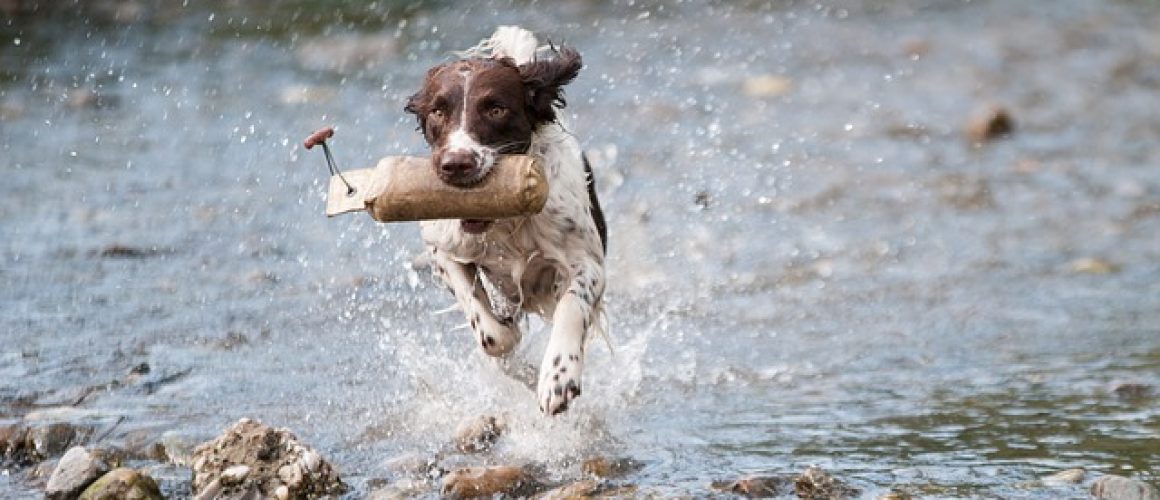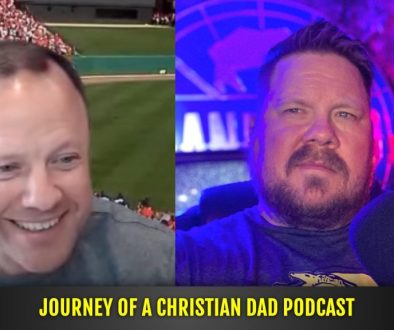Wild: The Tame
To be wild, to hear the heartbeat of nature, to feel the rush of adrenal strength, to drink from the fresh air and howl at the moon – these are things that are embedded into men.
I love my dogs. I have a golden retriever named Lincoln, and a shelter mutt named Teddy. Yes. They are named after presidents.
They are normally relaxed and gentle beasts. Nothing at all like the wolfish ancestors. Their greatest joy is to snooze on the furniture, while a family member strokes or scratches them. They don’t have to hunt for food, and their only job is to be friendly, and on rare occasions, to be protective.
Last year, they got loose. Our front door was broken and didn’t get shut all the way, and so the dogs left the house while the family was at church.
It actually happened on two occasions. Both times they were gone for a week. The first time, we found both dogs covered in porcupine quills and starving. The second time, they came home covered in thousands of ticks, and weakened by Lymes Disease.
We live in the middle of nowhere, and all along the edge of our neighborhood is the Allegheny National Forest – acres upon acres of woods, old growth pines, bear, deer, raccoons, deep lakes and cold streams.
I like to imagine that for those two weeks, they were wolves. Running free, howling at the moon, hunting, digging, scratching, and living like all dogs secretly want to live.
Eventually, though, these dogs are woefully unprepared for the wild. They haven’t learned that porcupines aren’t safe. They haven’t learned to feed themselves well. And they came home to be cared for, fed, and groomed.
Teddy and Lincoln are tamed.
While we as men may live in gentle little houses, with fancy soaps, canned soups, and table manners – we must not be tamed.
We can be gentlemen, we can be polite. But we need to keep that fire of wildness and strength alive. So that when our wildman is called upon, he lives strong in us. He’s ready for anything. Ready to fight to defend, ready to provide for his family, ready to brave the elements, so that he comes home, not because he can’t survive, but because he did.




